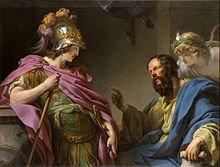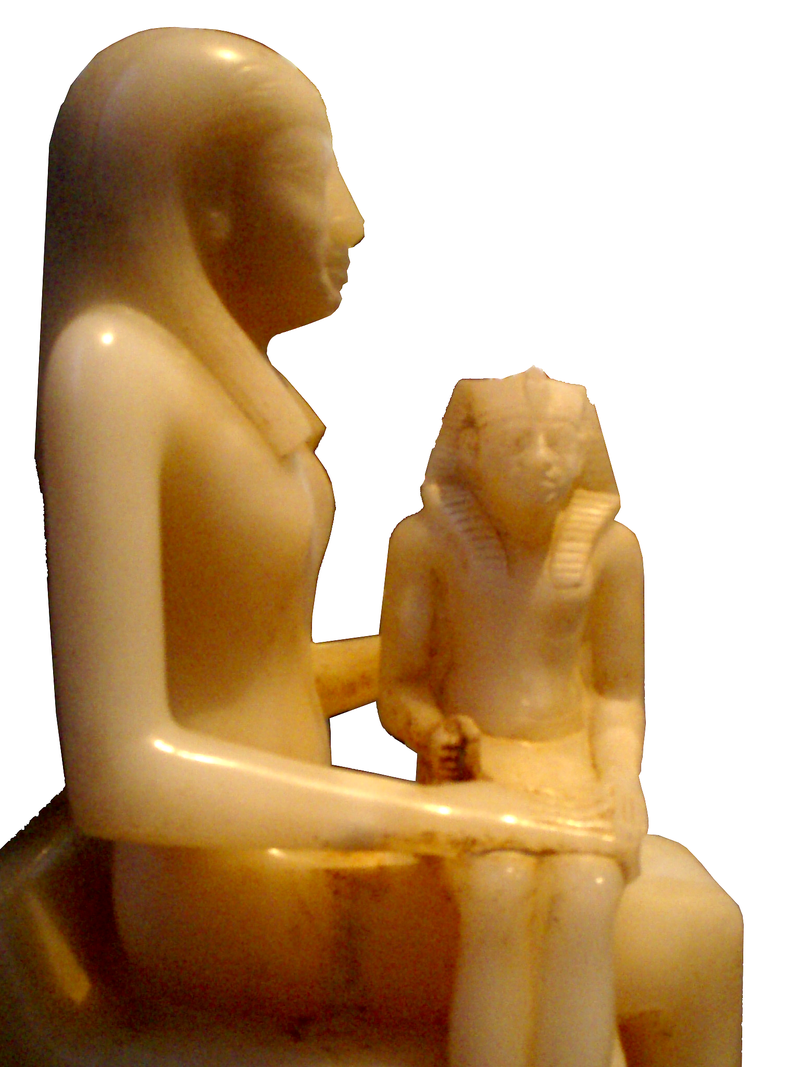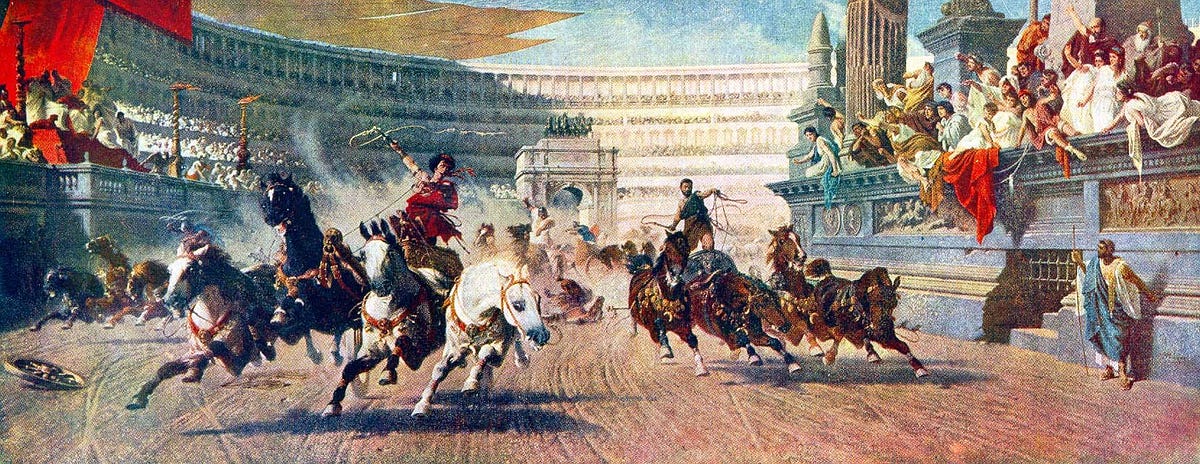1 And the whole earth was of one language, and of one speech.
2 And it came to pass, as they journeyed from the east, that they found a plain in the land of Shinar; and they dwelt there.
3 And they said one to another, Go to, let us make brick, and burn them thoroughly. And they had brick for stone, and slime had they for morter.
4 And they said, Go to, let us build us a city and a tower, whose top may reach unto heaven; and let us make us
a name, lest we be scattered abroad upon the face of the whole earth.
5 And the Lord came down to see the city and the tower, which the children of men builded.


 re-read
re-read













 was Justinian responsible for Revelation?
was Justinian responsible for Revelation? 


